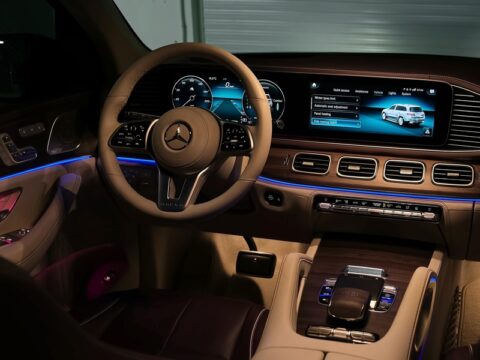The popularity of hybrid vehicles has surged in recent years, driven by a combination of economic, environmental, and technological factors. As consumers become more eco-conscious and fuel prices fluctuate, the demand for more efficient and sustainable transportation solutions continues to grow. In this article, we’ll explore 15 key market dynamics that are propelling hybrid vehicles into the spotlight and shaping the future of the automotive industry.
Contents
Rising Fuel Costs

Increasing fuel prices are a major concern for consumers, driving them to seek more fuel-efficient alternatives like hybrid vehicles. Hybrids use a combination of a gasoline engine and an electric motor, significantly reducing fuel consumption and cost. This efficiency becomes especially attractive when gas prices spike, providing a stable and more predictable cost of operation for hybrid vehicle owners.
Environmental Awareness

Growing awareness of climate change and environmental issues is pushing consumers towards greener transportation options. Hybrid vehicles produce fewer greenhouse gases and pollutants compared to traditional internal combustion engines. This reduced environmental impact appeals to eco-conscious consumers who want to minimize their carbon footprint.
Government Incentives

Government incentives, such as tax credits, rebates, and grants, make hybrid vehicles more financially accessible. These incentives can significantly lower the upfront cost of purchasing a hybrid, encouraging more consumers to make the switch. Policies favoring hybrids further stimulate market growth by making them a more attractive financial choice.
Stricter Emissions Regulations
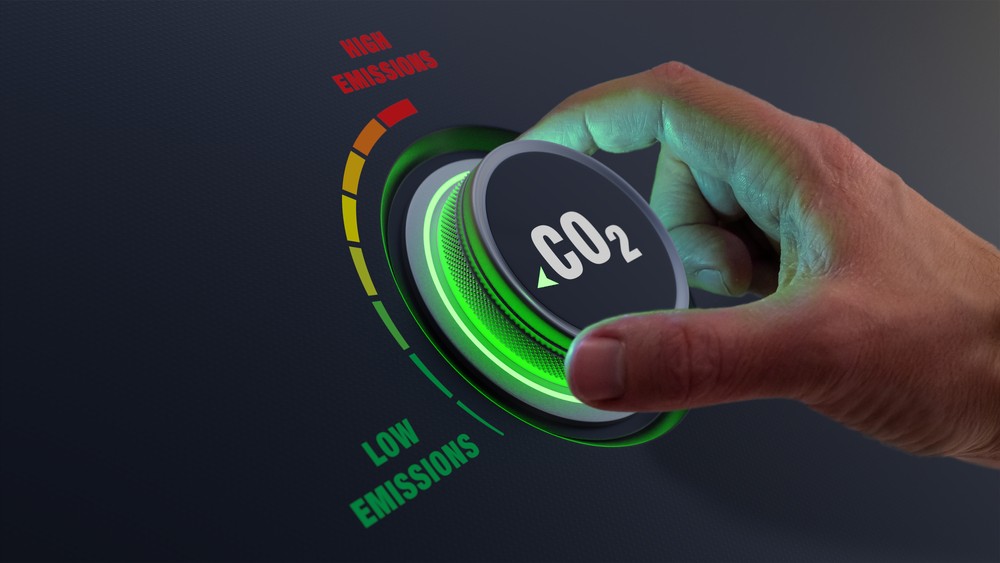
Stricter emissions regulations are being implemented worldwide to combat pollution and climate change. These regulations require automakers to produce vehicles with lower emissions, driving the development and adoption of hybrid technology. Hybrids, with their reduced emissions, help manufacturers meet these stringent standards.
Technological Advances

Technological advances in battery technology and electric motors have significantly improved the performance of hybrid vehicles. Modern hybrids offer better power output, longer battery life, and faster charging times. These improvements make hybrids more appealing to consumers looking for reliable and efficient transportation options.
Increased Vehicle Range
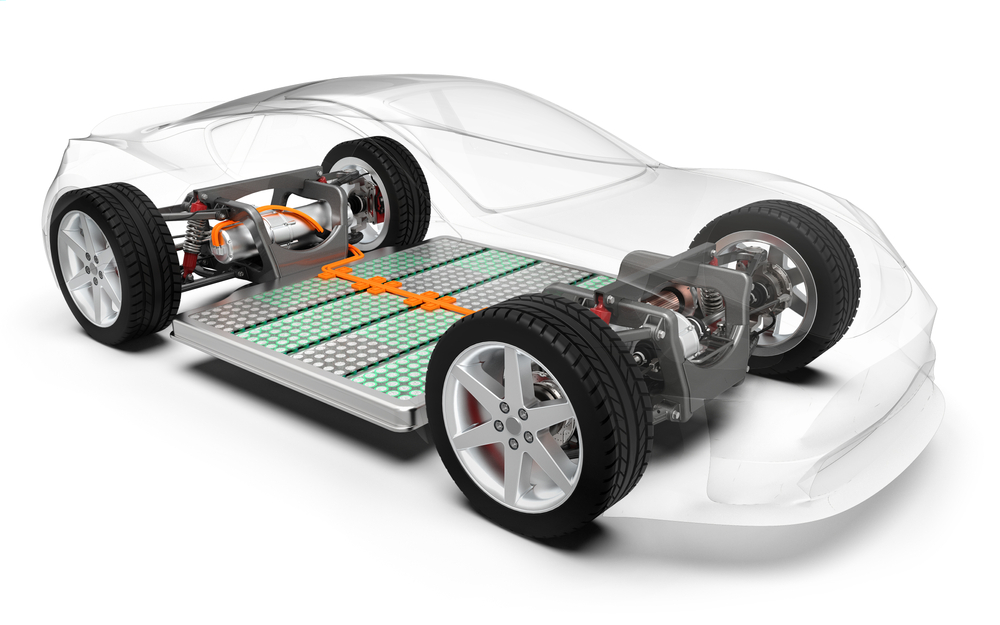
The increased electric-only range of hybrid vehicles makes them more practical for everyday use. Advances in battery technology have extended the distance hybrids can travel on electric power alone, reducing the need for frequent refueling. This extended range enhances the convenience and attractiveness of hybrids for daily commuting and long-distance travel.
Corporate Sustainability Goals

Many businesses are adopting green fleets to meet their sustainability goals and reduce their carbon footprint. Hybrids offer a practical solution for companies looking to balance environmental responsibility with operational efficiency. Adopting hybrid fleets helps businesses align with their sustainability initiatives while potentially reducing operating costs.
Urban Air Quality Concerns
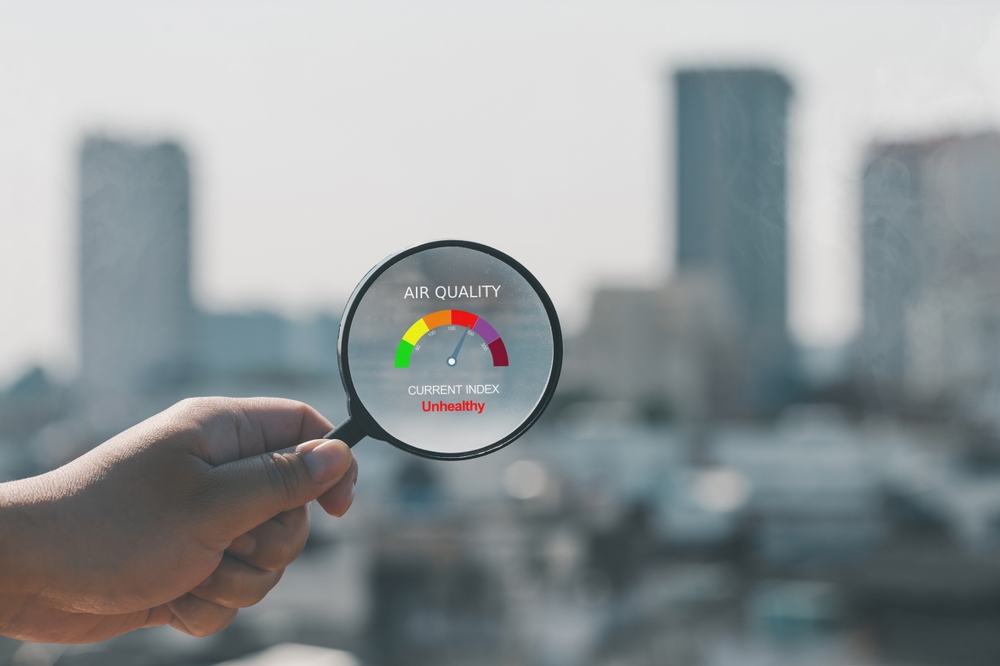
Urban areas are increasingly promoting low-emission zones and cleaner air initiatives to combat pollution. Hybrid vehicles, which produce fewer emissions, are favored in these urban policies. This trend encourages consumers and businesses to opt for hybrids to comply with local regulations and contribute to better air quality.
Automaker Investments
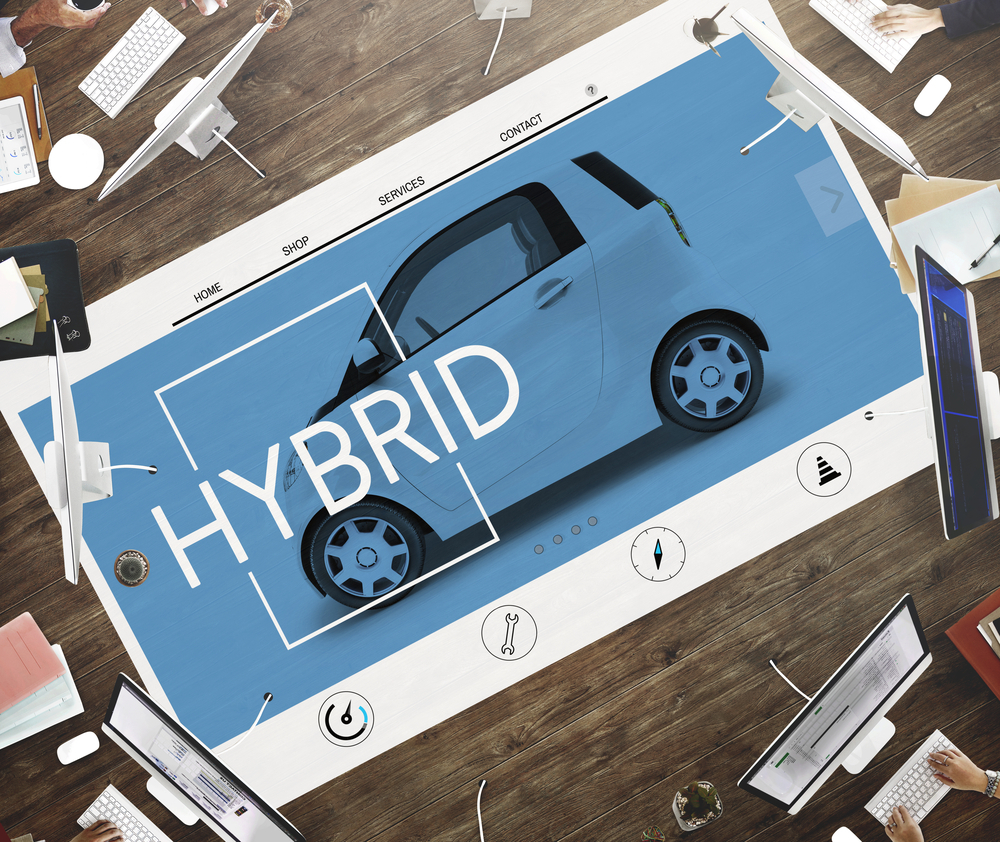
Major automakers are investing heavily in hybrid technology, leading to a broader range of hybrid models and improved performance. These investments drive innovation and reduce production costs, making hybrids more competitive with traditional vehicles. As a result, consumers have more options and better technology when choosing a hybrid vehicle.
Consumer Demand for Efficiency
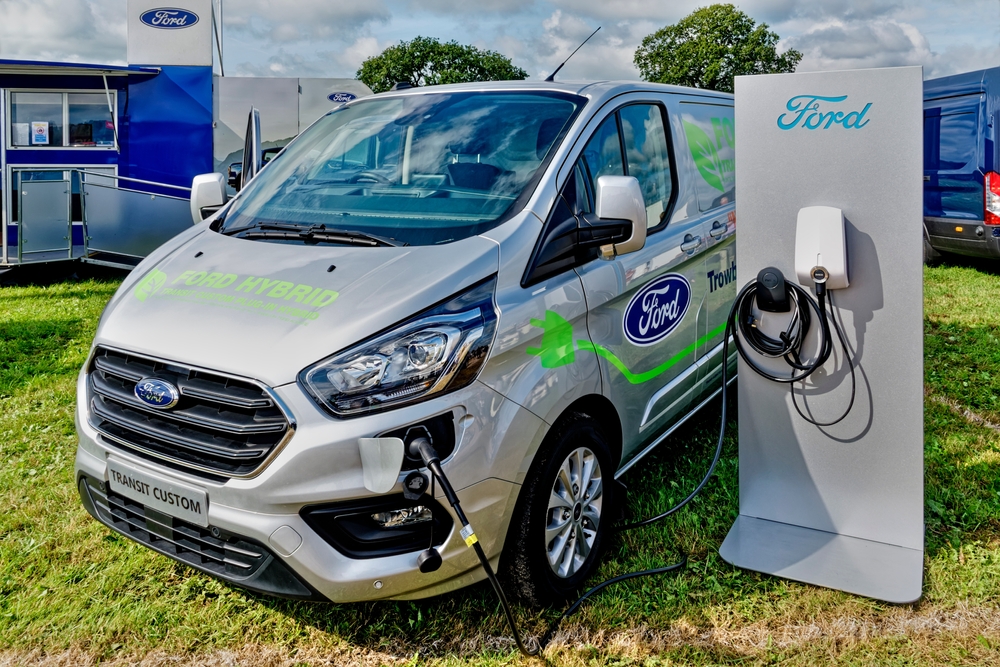
Consumers increasingly demand vehicles that offer better mileage and lower operating costs. Hybrids meet this demand by providing excellent fuel efficiency and reduced maintenance expenses. The cost savings on fuel and maintenance make hybrids a practical and economical choice for many drivers.
Global Oil Market Volatility
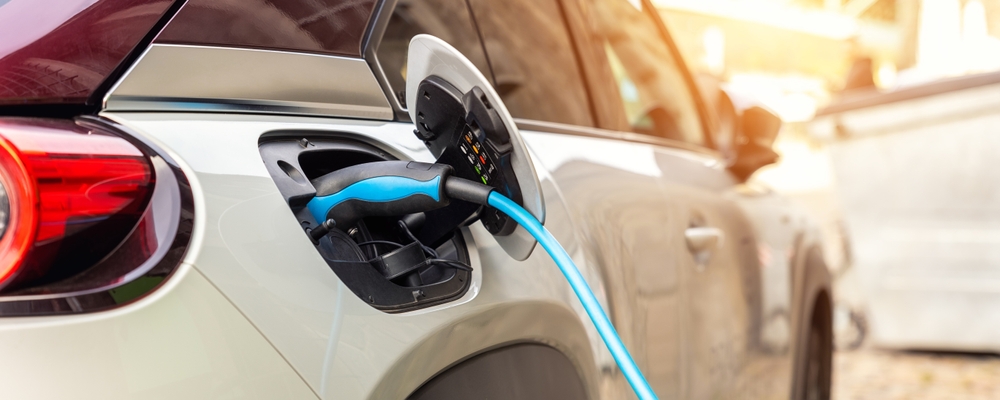
Uncertainty in global oil markets makes fuel prices unpredictable, pushing consumers towards more stable and reliable alternatives like hybrid vehicles. Hybrids offer a buffer against fuel price fluctuations by relying partially on electricity, providing more predictable and stable operating costs over time.
Resale Value Stability

Hybrids tend to retain their value better than traditional gasoline vehicles due to their growing popularity and demand. The stable resale value makes hybrids a smart investment for consumers, who can expect better returns when selling or trading in their vehicles. This financial benefit adds to the overall appeal of hybrids.
Infrastructure Development
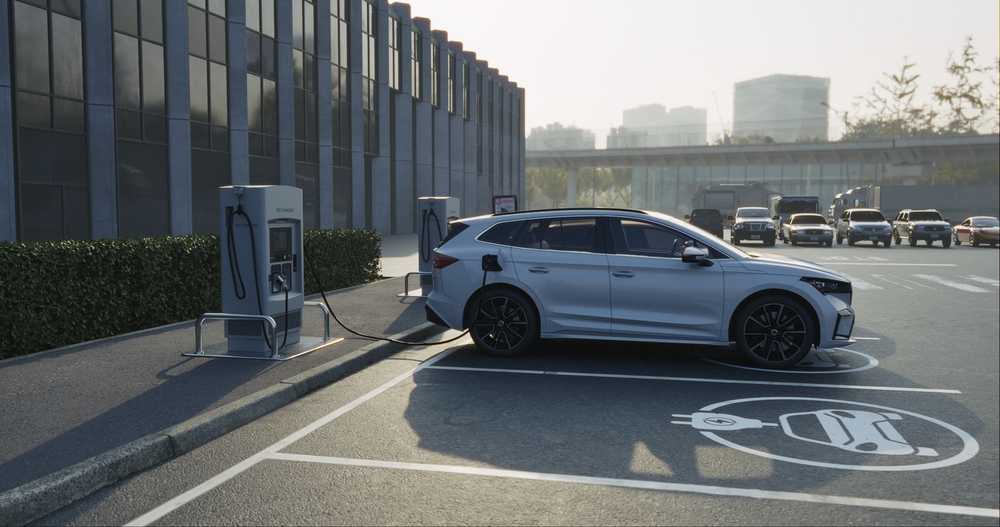
The expansion of charging networks and infrastructure supports the growth of hybrid vehicles. Improved access to charging stations makes owning and operating a hybrid more convenient, encouraging more consumers to switch to hybrids. This infrastructure development reduces range anxiety and enhances the practicality of hybrids.
Public Transportation Integration
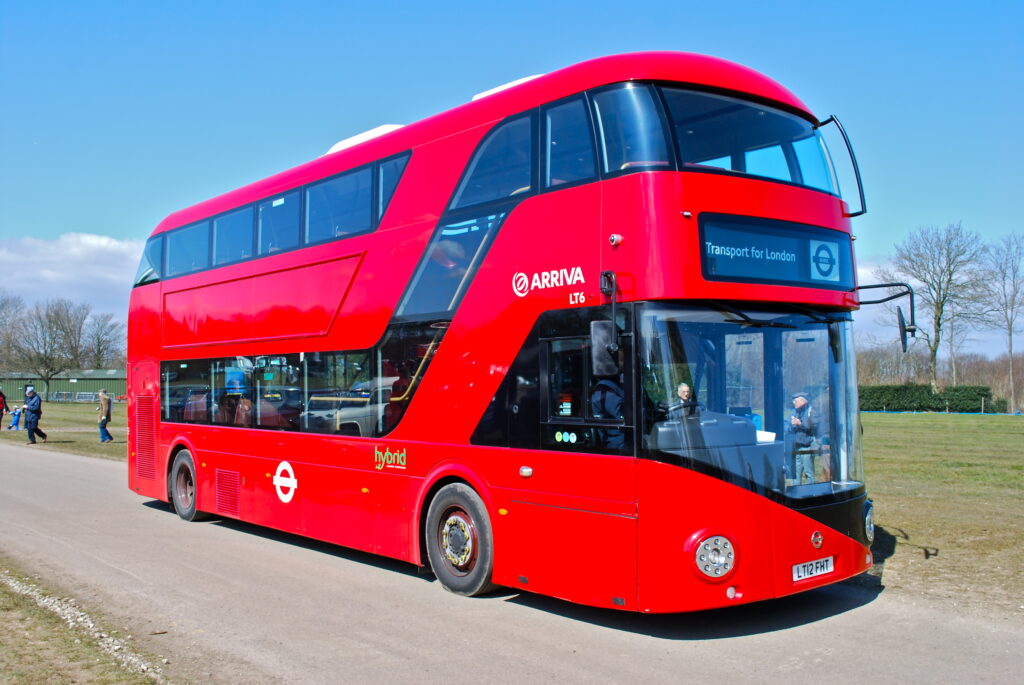
Hybrids are increasingly used in public transport fleets, contributing to cleaner travel and reduced emissions in urban areas. Cities and transit agencies favor hybrids for their efficiency and lower environmental impact. This trend promotes the visibility and acceptance of hybrid technology among the general public.
Car Sharing Services
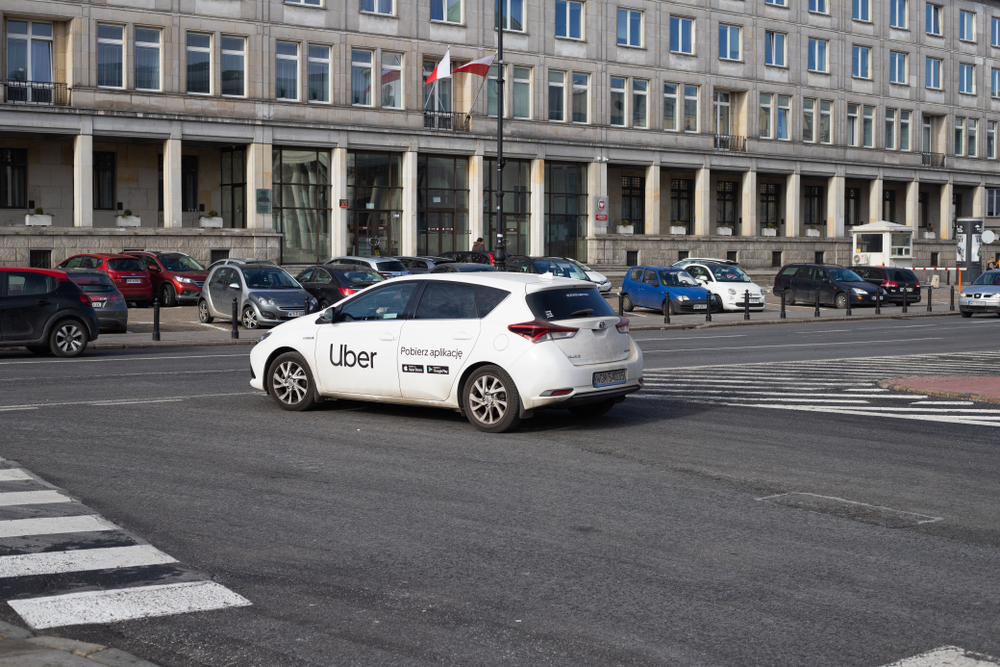
Car-sharing and ride-hailing services favor hybrid vehicles for their fuel efficiency and lower operating costs. Companies like Uber and Lyft include hybrids in their fleets to reduce expenses and promote sustainability. This widespread use of hybrids in shared mobility services increases consumer exposure and acceptance.
This article originally appeared in MyCarMakesNoise.
More from MyCarMakesNoise
20 Fascinating Camaro Facts You’ve Likely Never Heard
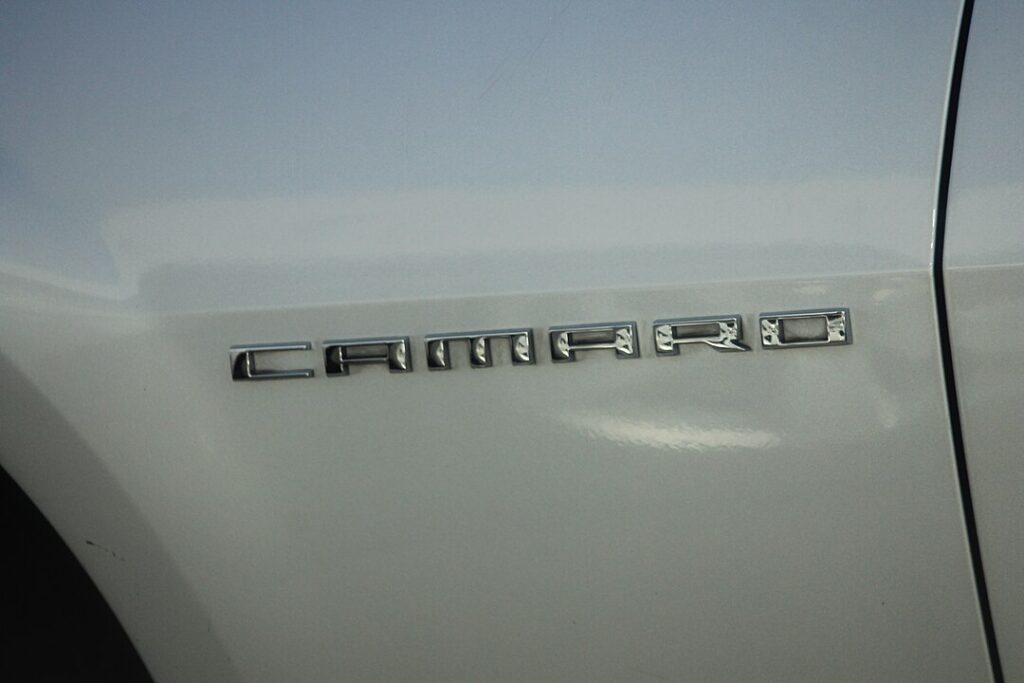
The Chevrolet Camaro has long been a favorite among car enthusiasts, known for its powerful performance and iconic design. But beyond the roar of the engine and sleek exterior, there’s a wealth of intriguing facts that often go unnoticed. Read More.
18 Red Flags to Watch for Before Buying a Used Car

Buying a used car can be a great way to save money, but it also comes with its risks. To help you avoid making a costly mistake, we’ve compiled a list of 18 must-know red flags to watch out for. Read More.
20 Cars That Will Turn You into a Drifting Pro

Drifting is an art form that requires skill, precision, and the right car. Whether you’re a seasoned drifter or just starting out, having the right vehicle can make all the difference. Read More.




